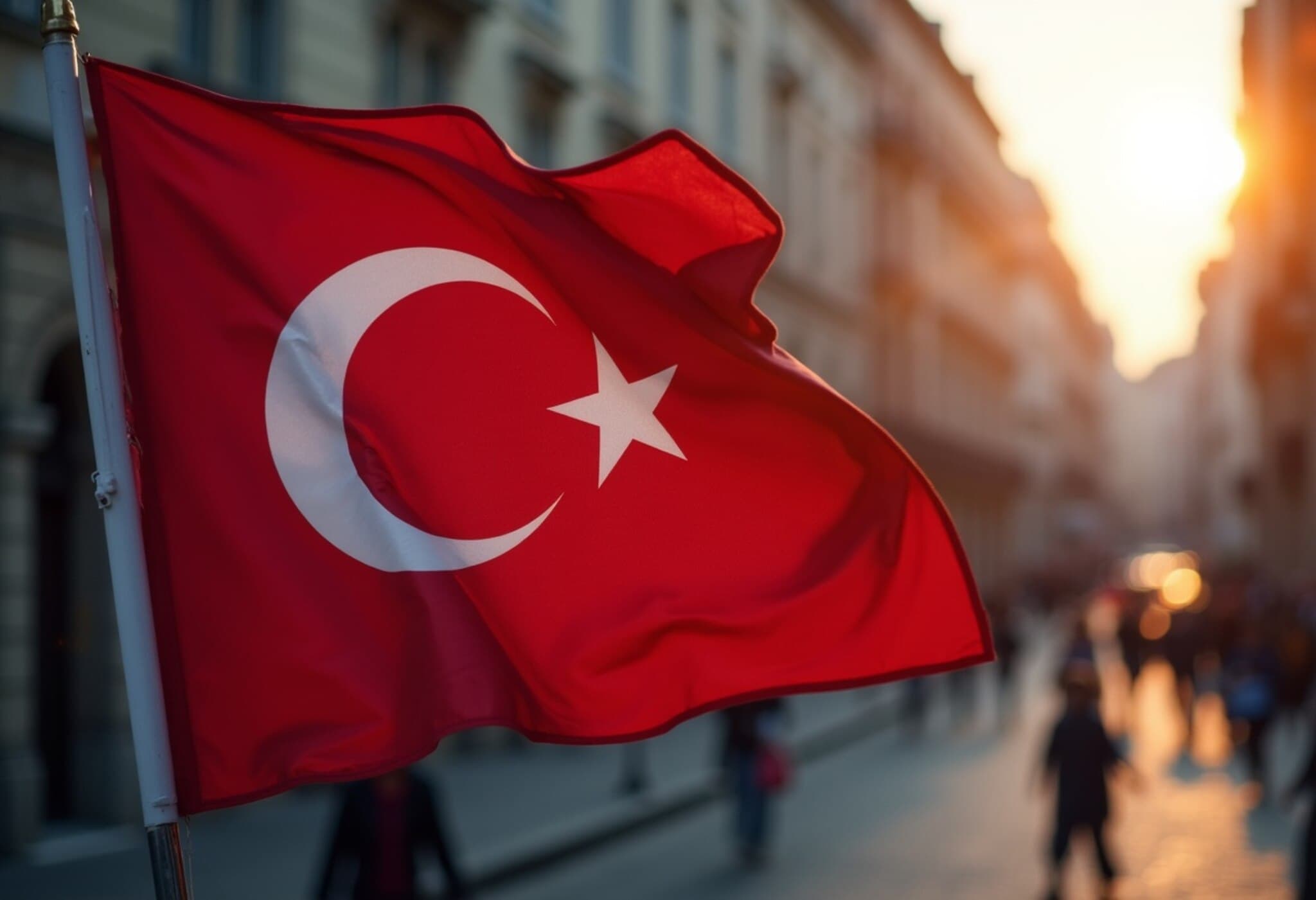Europe Faces Risk of Economic Stagnation, Says IMF
The International Monetary Fund (IMF) has sounded a cautionary note, warning that Europe could be heading towards economic stagnation unless urgent reforms are implemented. This alert comes amidst a complex landscape of economic and geopolitical pressures challenging the continent’s growth trajectory.
Mounting Challenges on Multiple Fronts
Europe finds itself at a crossroads, grappling with the fallout of US tariffs and an escalating security crisis triggered by Russia’s invasion, marking the gravest threat to the continent since World War II. These pressures compound existing structural weaknesses, putting Europe’s economic resilience to the test.
Key Issues Slowing Growth
While Europe has displayed noteworthy resilience—evidenced by historically low unemployment, controlled inflation, and stable financial institutions—the IMF highlights several hurdles undermining growth:
- Sluggish investment across member states
- Slowing economic expansion within eurozone countries
- Rising geopolitical tensions destabilizing markets and investor confidence
The Fragmentation Problem within the European Union
A major factor dragging down Europe's momentum is the persistent fragmentation inside the European Union. The IMF points out that internal barriers amount to the economic equivalent of a 44% tariff on goods and an astonishing 110% tariff on services. Such fragmentation hampers cross-border trade, stifles innovation, and limits corporate growth across the region.
The report urges a comprehensive deepening of the EU's single market that could unlock significant economic benefits by accelerating regulatory harmonization, reforming capital markets, and boosting labor mobility.
Potential Economic Gains from Reform
According to the IMF, dismantling these barriers could amplify the eurozone’s economy by up to 3% over the next decade. This leap would not only rejuvenate growth but also enhance Europe's competitiveness on the global stage.
Modest Growth Projections Amid Caution
Earlier forecasts from the European Union anticipate that the eurozone’s economic growth will hover around 1.2% for the current year, with the broader EU expected to grow at approximately 1.4%. While these numbers suggest moderate expansion, the IMF’s warning underscores the urgency for bold policy action to prevent stagnation.
The Path Forward: Seizing Opportunity Amid Uncertainty
The IMF’s analysis paints a clear picture: Europe stands at a critical inflection point. Capitalizing on its existing strengths while aggressively addressing market fragmentation and geopolitical risks will be essential steps to revive growth. Without such decisive measures, the continent risks losing its economic edge in an increasingly competitive world.














